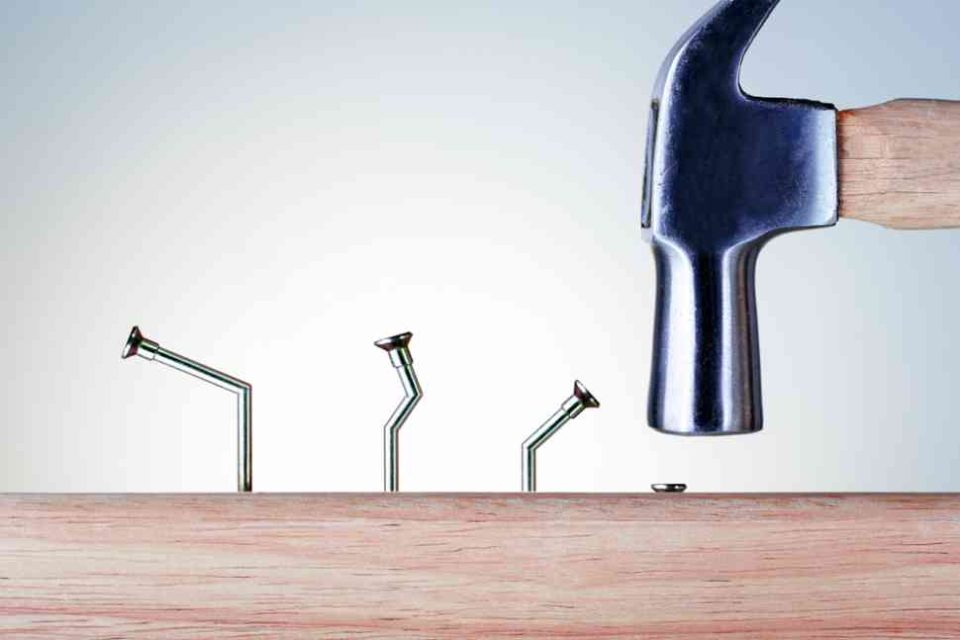7 Reasons Why People Make Mistakes

The reasons why people may act unexpectedly may vary. Not all of the time does bad behavior mean that a person is meant to do any harm. Of course, plenty of examples in human history prove the opposite. In this article, we will talk about the primitive motivations to hurt others as well as all the situations where this is done without even realizing why this is going on.
- Unstoppable ambition
Ambition is crucial because it is the driving force that motivates us to keep on trying. It gives us courage when we fail and makes us persistent even when we have already accomplished a number of goals. However, when ambition grows too much, it turns into a beast ready to destroy everything we have struggled to build, including our good reputation. People will often be selfish in chasing their dreams, and they will not hesitate to hurt others along the way. So, this is a common reason why someone may not behave as we would like them to. - Inability to understand
The category of people we described above is the kind of people we would call ”too smart.” On the other side, we have those who are ”too naive.” People sometimes do not understand the consequences of their actions and may do all kinds of stupid stuff just because they cannot evaluate the condition. Do not take it for granted that people are wise enough to understand what is right and wrong or how their actions will make other people feel. - Aggressiveness
There is a part of us that is not all about kindness and wisdom. In every one of us, there is a side where an aggressive tiger rests. The room we will give to these instincts will determine whether we are ”good” or ”bad”. Being aggressive makes us feel strong and helps us confirm the belief that we are powerful enough to be safe. It is the safety we are after and on the way to ensure that we may be destructive towards others or even ourselves. - Not caring enough
Another sign of selfishness is not caring enough. A common action that is a great proof of that is how we treat the environment. Creating trash or not recycling are both things that we know do no good. We are completely aware of the consequences of these actions, and we just do not care to take them into consideration and change them. We have every reason to discipline, but the idea of sacrificing a few seconds to recycle is not attractive because we do not care. - Not knowing our best
Previously, we described how people would fail to understand how they may hurt others. In addition to that, consider the situation when our actions hurt us too. Again, we may still be incapable of recognizing that. Moving back to the example of our attitude towards the environment, we can see how the individual believes that polluting the environment will negatively affect nature. At the same time, the person refuses to admit that since nature is the main hostess of life, creating trash will harm the individual in the first place. - Negative feelings
Another common condition is that one is driven by their own negative feeling of despair. Negativity is the center of all evil. When the source is bad, the results cannot be bright. People are often driven by guilt, shame, and fear. For instance, if someone is afraid to be exposed for not doing a particular task, they may put the blame on a colleague, suggesting that he did not inform them on time or whatever. This is only one example of how fear and guilt will make us proceed in actions we will not be proud of in the future. - Being trained already
Some of the things that we do and are considered bad are the habits of a lifetime. Common examples are the attitudes and behaviors we have inherited from our parents, and now we do not know any better. We do them without even realizing it. Changing our style demands a lot of effort that we do not feel motivated to make. Patterns are hard to break, and their power is huge.
Have you read?
Why Employers Should Grant More Flexibility to Increase Quality of Work by Joe Mull.
Becoming an Expert Trust Builder by Larry Jacobson.
How your money story impacts the way you treat your finances by Clare Wood.
The Human Factor: The Post Covid Era of Leadership & Employee Loyalty by Deepak Ohri.
THE ROLE OF MINDFULNESS AND HOW IT PREVENTS BURNOUT by Melo Calarco.
Bring the best of the CEOWORLD magazine's global journalism to audiences in the United States and around the world. - Add CEOWORLD magazine to your Google News feed.
Follow CEOWORLD magazine headlines on: Google News, LinkedIn, Twitter, and Facebook.
Copyright 2025 The CEOWORLD magazine. All rights reserved. This material (and any extract from it) must not be copied, redistributed or placed on any website, without CEOWORLD magazine' prior written consent. For media queries, please contact: info@ceoworld.biz








